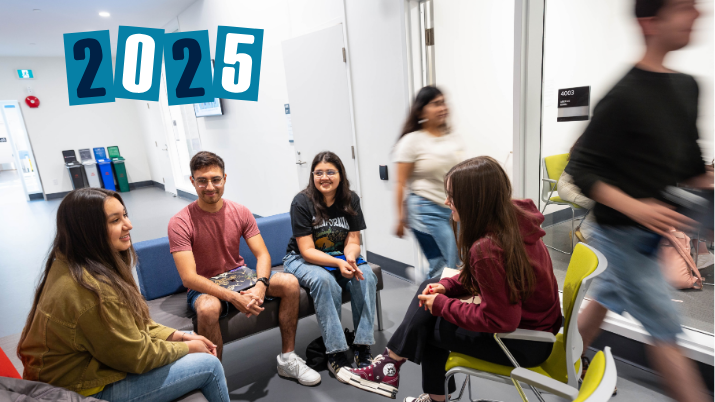VIDEO
FEATURING
Dr. Stephanie Fryberg, Professor of Psychology at the University of Michigan
TITLE
Omission as the Modern Form of Bias Against Indigenous Peoples
ABSTRACT
In the U.S. cultural imagination, Indigenous Peoples loom large in romanticized and stereotyped ways, yet contemporary Indigenous Peoples are largely omitted from the public conscience. In K-12 education, for example, 87% of references to Indigenous Americans portray them in a pre-1900’s context. In mainstream media, less than .5% of representations are of contemporary Indigenous Peoples. Utilizing both experimental and national survey studies, I will demonstrate that prevalent representations of Indigenous Peoples (or lack thereof) shape how people think, feel, and subsequently act towards Indigenous Peoples, as well as how Indigenous Peoples feel about themselves and act to make change in society. Specifically, I will first show that recognizing Indigenous omission shapes discrimination and both implicit and explicit bias towards Indigenous Peoples, including attitudes about the use of redface, and apathy towards the Murdered and Missing Indigenous Women and Girls epidemic. I will then show how sensitivity to Indigenous omission has adverse psychological consequences for Indigenous Peoples’ wellbeing, but also serves to galvanize efforts to change the status quo through civic engagement. By making visible the pernicious consequences of omission and highlighting Indigenous agency and resistance to omission, we illuminate a path towards creating a more equitable future for Indigenous Peoples.
BIO


Dr. Stephanie Fryberg
Dr. Stephanie A. Fryberg is a Professor of Psychology at the University of Michigan. As a social and cultural psychologist, her primary research interests focus on how social representations of race, culture, and social class influence the development of self, psychological well-being, physical health, and educational attainment.
Dr. Fryberg provided testimony to the U.S. Senate Committee on Indian Affairs regarding the impact of racist stereotypes on Indigenous people, served as an expert witness in the Keepseagle v. USDA class action lawsuit, and consults with National Tribal TANF (Temporary Assistance for Needy Families). She also received the Society for the Psychological Study of Social Issues Louise Kidder Early Career Award, the University of Arizona Five Star Faculty Award, and in 2011 was inducted into the Multicultural Alumni Hall of Fame at Stanford University.
Annually the Department of Psychology hosts a Colloquia Series throughout the academic year. This exciting program brings us together outside of the classroom to have conversations with the speakers we’ve invited to our campus to share their ideas. You’ll have the chance to hear from international speakers on a wide range of provocative topics.

